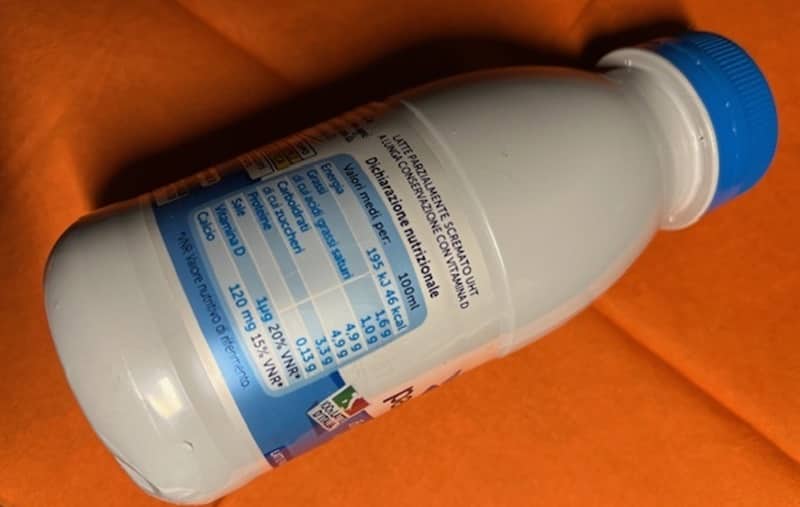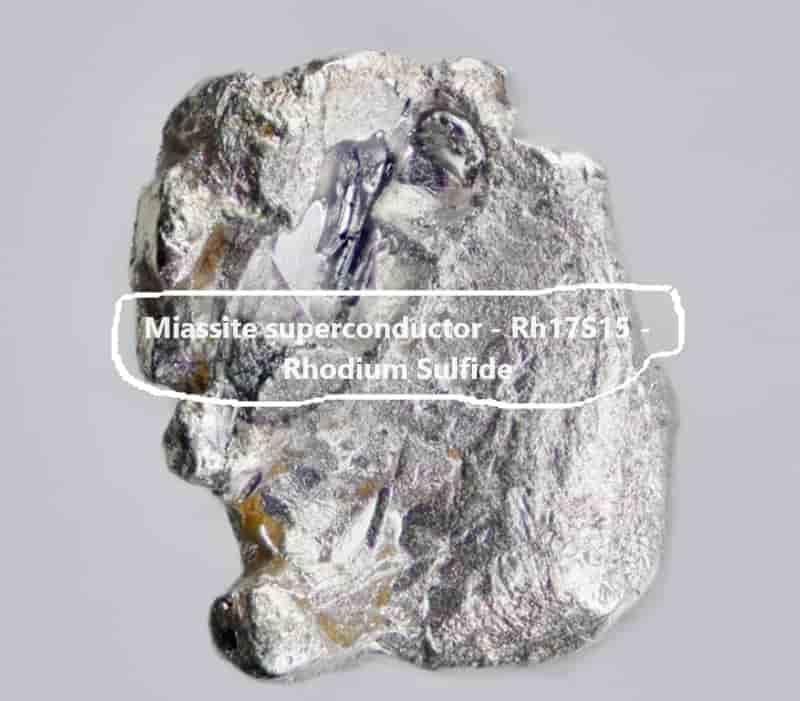Crude Oil Prices Trend
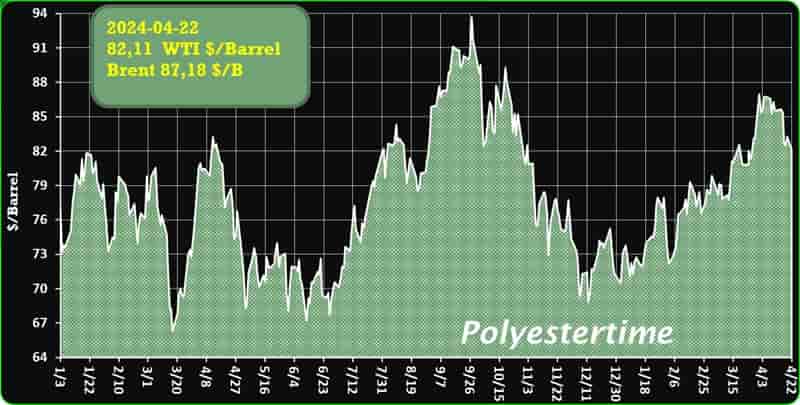
Yesterday marked a pivotal moment for Faerch Group with the Grand Opening of its Cirrec plant in Duiven, a significant step towards transforming the rigid food packaging sector
“This event is not merely a celebration; it represents our pledge to evolve from linear to circular business models,” stated CEO Lars Gade Hansen. He emphasized the need for collaboration in redefining industry standards and invited stakeholders to join in shaping a sustainable future.
The establishment of the Cirrec plant follows a five-year developmental period where Faerch perfected its innovative technology aimed at reutilizing recyclable plastic packaging materials. These materials are intended to be used repeatedly, thus avoiding waste in landfills or incineration. Food packaging
Hansen expressed his gratitude towards the Cirrec team, recycling partners, and national waste management bodies for their steadfast support.
The opening ceremony included speeches from several key figures, including sustainability advocate Paul Polman, who highlighted the importance of adopting a Net Positive approach. This strategy demands that companies contribute more to society and the environment than they extract, challenging traditional business practices and promoting leadership in sustainability. Food packaging
For Faerch, striving for Net Positive is a strategic goal as the company aims to make circular tray materials a standard commodity in the industry.
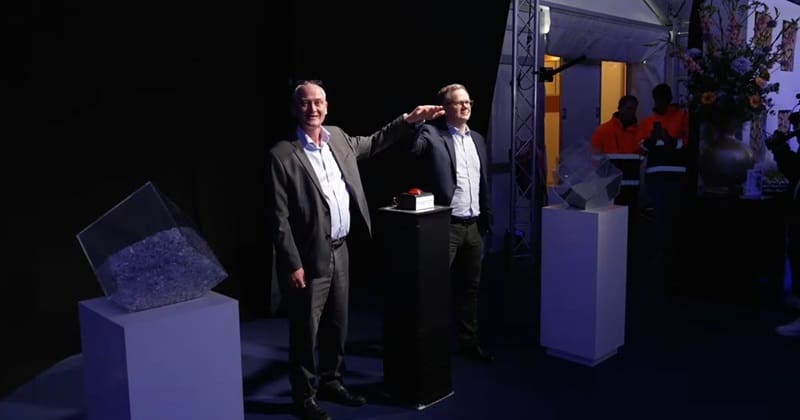
Gaia Biomaterials’ Biodolomer now BPI certified compostable as well
Gaia Biomaterials’ product Biodolomer has recently earned BPI certification for compostability, indicating its adherence to ASTM standards as verified by the Biodegradable Products Institute (BPI). BPI, a leading authority in North America on compostable products and packaging for over twenty years, ensures that compostability claims are supported by scientific evidence as required by the FTC. Food packaging
Biodolomer, distinct from many bioplastics, does not rely on farmland-grown materials but is made from limestone, a widely available natural resource. This innovative material avoids microplastic production and can reduce CO2 emissions by up to 80% compared to traditional fossil plastics when incinerated. The certification currently applies to film applications, with additional certifications pending.
Developed over nine years ago by Gaia Biomaterials, headquartered in Helsingborg, Sweden, Biodolomer is versatile in its applications. It is used for producing items like grocery bags, aprons, and agricultural films, and its granules are suitable for processes including thermoforming and 3D printing. Food packaging
This adaptability allows Biodolomer to replace conventional plastics in many single-use products such as straws, cups, bottles, and food containers on existing production lines with minimal changes.
Compostable materials like Biodolomer represent a crucial strategy in addressing the global plastic waste crisis, particularly in food packaging.
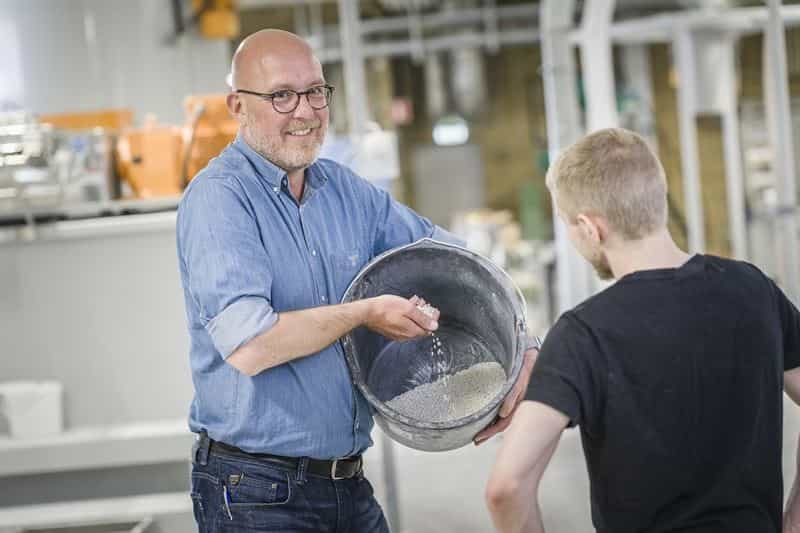
LyondellBasell and Genox Recycling announced the inauguration of their joint venture (JV) plastics recycling facility in Zhaoqing, Guangdong Province, China
Named Guangdong Genox LyondellBasell New Material Co., Ltd., the plant utilizes mechanical recycling technology to transform plastic waste into new polymers, enhancing LyondellBasell’s CirculenRecover product line.
Yvonne van der Laan, LyondellBasell’s Executive Vice President of Circular and Low Carbon Solutions, highlighted the JV’s alignment with the company’s goals to advance a circular economy for plastics and broaden its circular polymer range in China. “This partnership allows us to provide localized recycling solutions to meet the ambitious sustainability goals of our customers and brand owners in the region,” she stated. Food packaging
Allen Yu, LyondellBasell’s Senior Vice President for Asia Pacific, expressed pride in the collaborative efforts marking the facility’s launch, which aims to bolster customer growth in Asia through sustainable initiatives. Limin Fu, Vice President of LyondellBasell China’s JV Management and Polyolefins, emphasized the strategic intent to strengthen their Circular and Low Carbon Solutions business in Asia, noting the JV’s role in enhancing local recycling infrastructure and contributing to a circular economy.
Jingfa Jiang, Chairman of Genox Recycling, also affirmed the joint endeavor’s potential to pioneer advances in the plastics recycling sector. Food packaging
On the day of the JV’s opening, LyondellBasell made charitable contributions to local schools, donating cash and recycled plastic stationery, reinforcing its commitment to community engagement and leadership in sustainability.
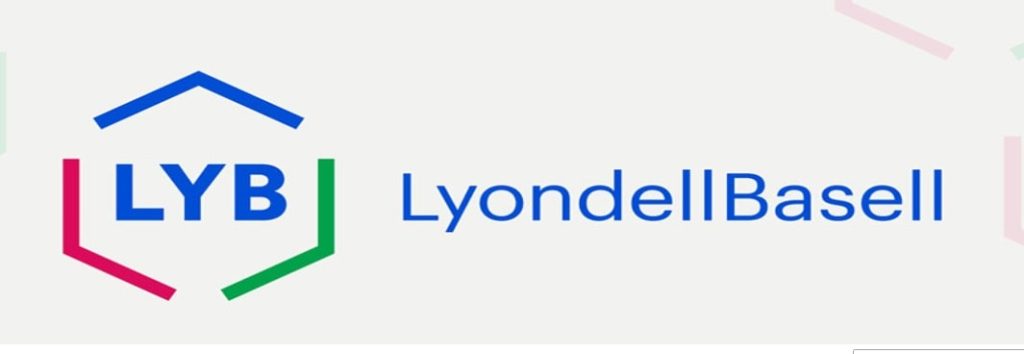
Reliance Industries Limited (RIL) has indeed increased the prices of Purified Terephthalic Acid (PTA) in the domestic market of India
According to recent reports, RIL set the price of PTA at ₹87.20 per kg, which is an increase of ₹2.30. This adjustment in pricing is attributed to the rise in PTA and MELT prices in the Chinese market, which has influenced the Indian market as well. Additionally, RIL has decreased the price of monoethylene glycol (MEG) to ₹53.20 per kg, a decrease of ₹3.30, while MELT prices have been raised to ₹93.08 per kg, an increase of ₹0.86.
The fluctuation in prices is a common occurrence in the industry and is often influenced by various factors including market demand, supply constraints, and changes in raw material costs. Food packaging
It’s worth noting that RIL is a major player in India’s polyester value chain, and its pricing decisions can have a significant impact on the market.
Reliance Industries Limited (RIL) has been active in expanding its production of Purified Terephthalic Acid (PTA), which is a key raw material used in the production of polyester. Here are some key points from the latest updates:
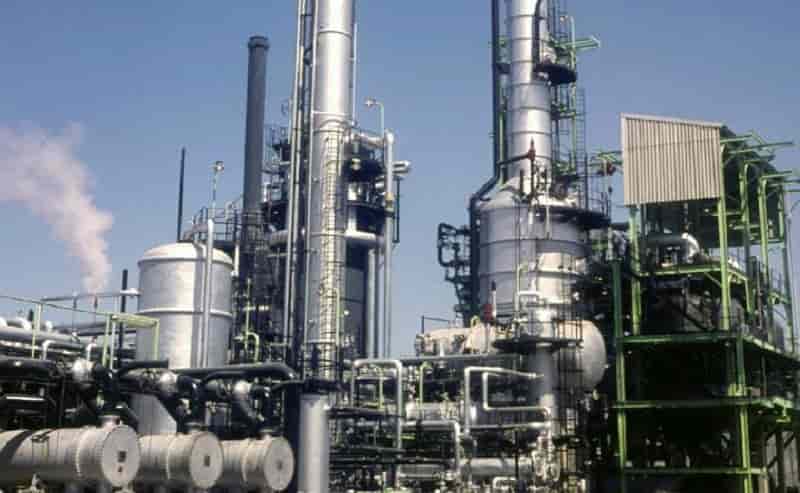
Does Compostable Packaging Actually Break Down?
The Composting Consortium, an industry collaboration led by the Center for the Circular Economy at Closed Loop Partners, released a report that examines how well certified, food-contact compostable packaging breaks down in composting facilities.
The Composting Consortium, an industry collaboration led by the Center for the Circular Economy at Closed Loop Partners, released a report that fills a data gap for the U.S. composting industry: how well does certified, food-contact compostable packaging actually break down in real-world composting facilities? Food packaging
The report, Breaking It Down: The Realities of Compostable Packaging Disintegration in Composting Systems, shares findings from an 18-month study — the largest known field test of certified, food-contact compostable packaging conducted in North America — revealing the realities of compostable plastic and fiber disintegration in diverse in-field composting conditions.
In total, the study tested over 23,000 units of certified food-contact compostable packaging within large-scale industrial composting environments.
This encompassed 31 types of fiber packaging and products and compostable plastic packaging and products — such as PLA and PHA — across 10 diverse composting facilities across the U.S. Food packaging
The data is released at a critical time, as compostable packaging grows as an alternative to conventional plastics amidst an urgent waste crisis. Roughly one-third of the world’s food is wasted each year — a loss estimated at $230 billion.
More…

